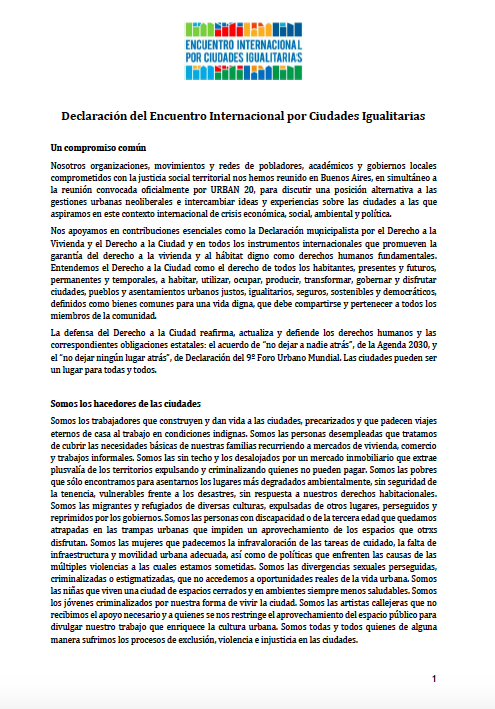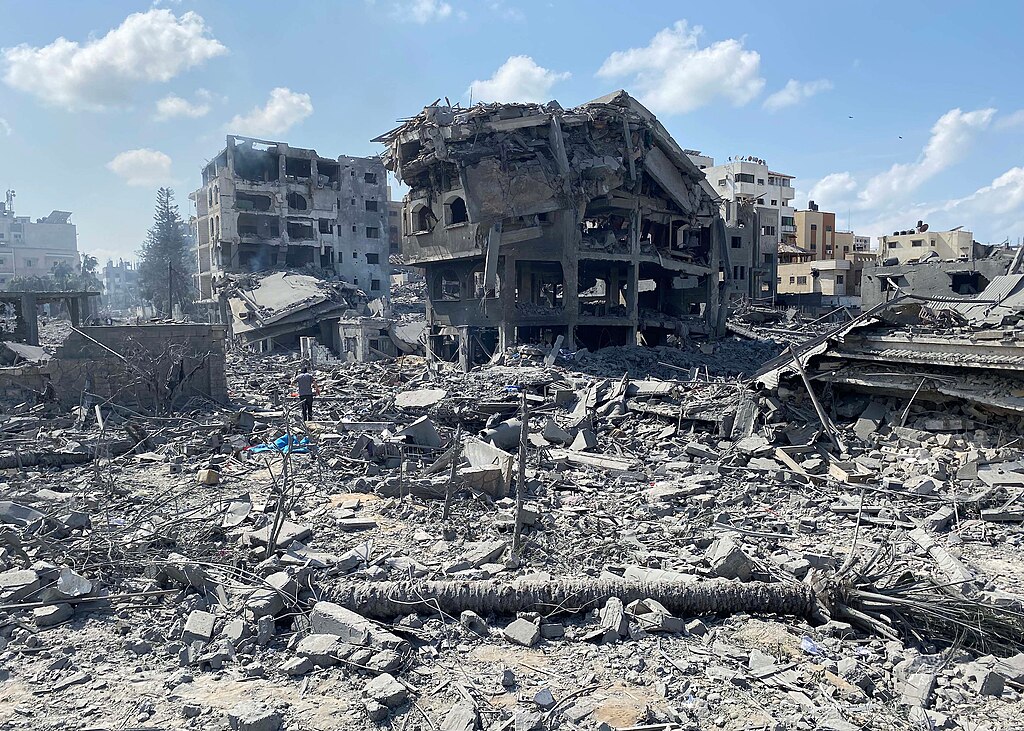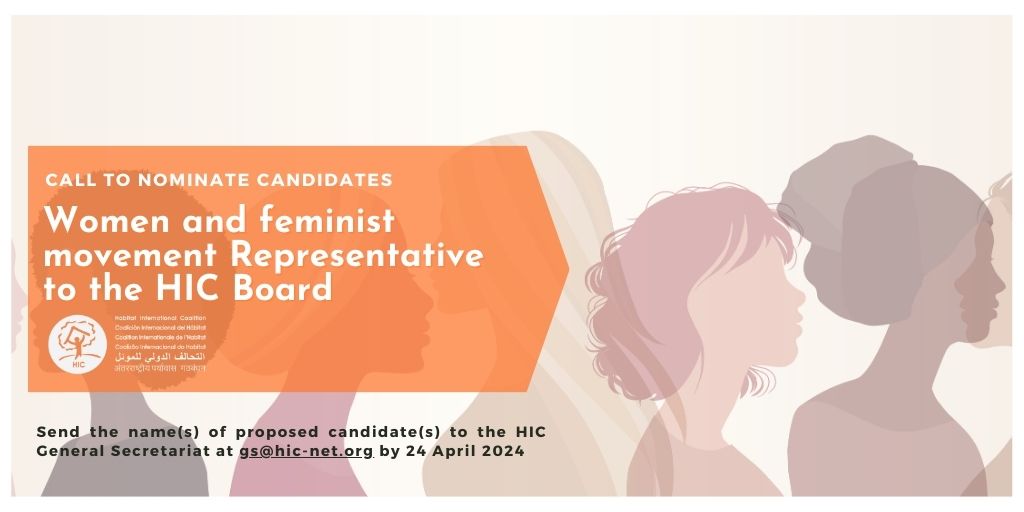1. Introduction
This paper is a preliminary outline of themes for the agenda for the forum for Women and Housing that is to be held in Barcelona in February 2008. It is primarily based on the reports of Mr Miloon Kothari, the UN Special Rapporteur on Adequate Housing, and on the Regional Consultations for Women and Housing Rights carried out between 2002 and 2006.
Despite wide recognition of the right to adequate housing (RAH) as a central human right in national and international legislation, millions of people in all parts of the world are facing violations of their housing and land rights. These violations tend to affect women and men in different ways, and women’s housing and land rights are realised in differing ways, given the prevailing gender roles and the general power imbalance between the sexes and between different groups in all spheres of human society. Women, especially women belonging to minority groups, are vulnerable to housing rights violations due to tradition, lack of awareness of rights, discriminatory local or national legislation and practices and gender-insensitive implementation of laws. When working to enforce housing rights, it is therefore crucial to apply a gender perspective, taking into account the legal, social, cultural end economic patterns behind the differences in access to housing and land rights. This, in turn, requires more knowledge about the situation of women in various regions and communities. A more comprehensive understanding of the issues at stake in specific contexts will enable more relevant and successful interventions to enhance the equal enjoyment of the rights to adequate housing and access to land and other resources by all people, regardless of gender, class, religion, nationality, sexual orientation or any other factor.
Between 2002 and 2006, the United Nations Special Rapporteur on Adequate Housing (SRAH) took the initiative to organise a number of consultations aiming to gain understanding about women’s rights and the right to adequate housing and land in different parts of the world. This paper includes a short introduction to the legal framework of the rights to adequate housing, the role of the SRAH and a presentation of the ideas behind the consultations, as well as a summary of the main issues that were brought up during them and a list of suggested strategies to improve women’s enjoyment of housing and land rights.




